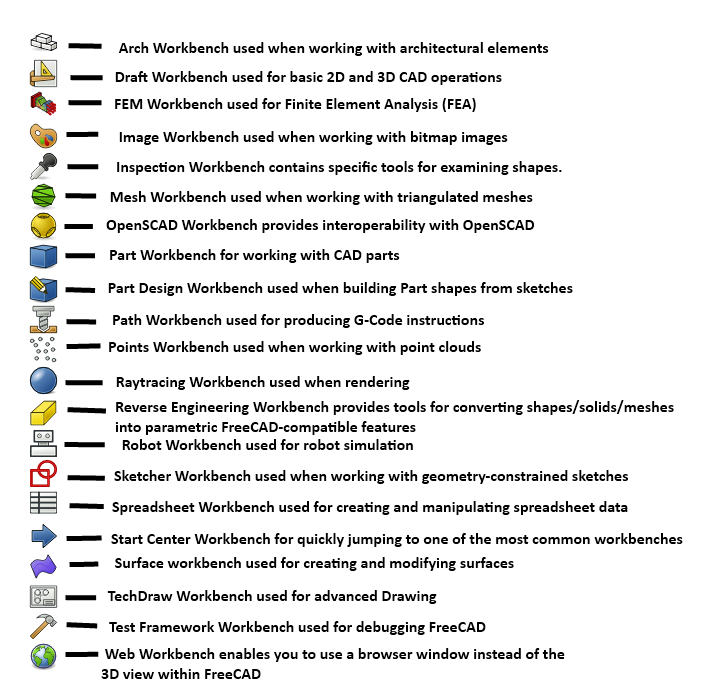this post was submitted on 30 Jan 2024
374 points (96.5% liked)
Open Source
31422 readers
16 users here now
All about open source! Feel free to ask questions, and share news, and interesting stuff!
Useful Links
- Open Source Initiative
- Free Software Foundation
- Electronic Frontier Foundation
- Software Freedom Conservancy
- It's FOSS
- Android FOSS Apps Megathread
Rules
- Posts must be relevant to the open source ideology
- No NSFW content
- No hate speech, bigotry, etc
Related Communities
- !libre_culture@lemmy.ml
- !libre_software@lemmy.ml
- !libre_hardware@lemmy.ml
- !linux@lemmy.ml
- !technology@lemmy.ml
Community icon from opensource.org, but we are not affiliated with them.
founded 5 years ago
MODERATORS
you are viewing a single comment's thread
view the rest of the comments
view the rest of the comments

I have tried out onshape and it is a pretty functional fusion replacement, but I really don't like the idea that the models I make can be used (or even just sold) by others commercially. I'd be okay with it if the free version just gave all models made with it an open license that barred commercial use entirely, but banned for me and open for sale by others is pretty dirty imo.
The sense I get is that it is more lazy than anything. The verbiage feels like the fact that designs were public documents was tacked on last minute to satisfy some desire for market segmentation or to create a parts and design library to draw traffic. It would make sense that the company hosting the software would not want the headache of being unable to use your stuff commercially or even of parsing what they could use, since in some sense they always are using everything commercially. Refusing the to thread the needle with their verbiage, though, has left a situation where the Terms of Use say clearly that (1) a design is Content, (2) a free user's Content is a public document, (3) a free user cannot use their own public documents for commercial use, and (3) a free user grants EVERY OTHER USER a license to sell their public documents.
The only possible wrinkle is that the ToU distinguish between a "Customer" and an "End User," so maybe you the customer can grant you the End User the same commercial rights that Joe the slightly shady CNC machinist in Peoria has when he downloads your widget to fabricate and sell. Something tells me that PTC's license compliance folks don't interpret things that way, though.